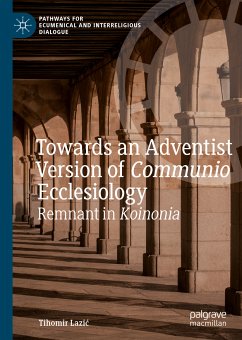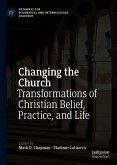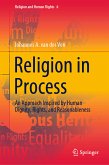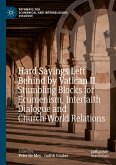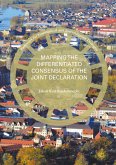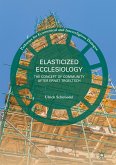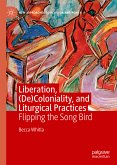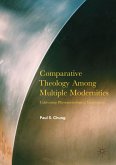This book explores how Seventh-day Adventists, like other Christians, can benefit from generating their own version of communio ecclesiology. It starts by offering a critical analysis of the status quo of the existing Adventist portrayal of church as remnant, and suggests potential ways of moving this tradition forward. To articulate a more rounded and comprehensive vision of the church's rich and multifaceted relational nature, this book draws on the mainstream Christian koinonia-based framework. Consequently, it provides possible solutions to some of the most divisive ecclesial issues that Christian communities face today regarding church structure, ministry, mission, communal interpretation, and reform. As it sets on a new footing the conversation between Adventism and other mainstream Christian traditions, the methodology of this book serves as a pathway for any Christian community to use when revisiting and enhancing its own current theologies of the church.
Dieser Download kann aus rechtlichen Gründen nur mit Rechnungsadresse in A, B, BG, CY, CZ, D, DK, EW, E, FIN, F, GR, HR, H, IRL, I, LT, L, LR, M, NL, PL, P, R, S, SLO, SK ausgeliefert werden.

